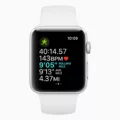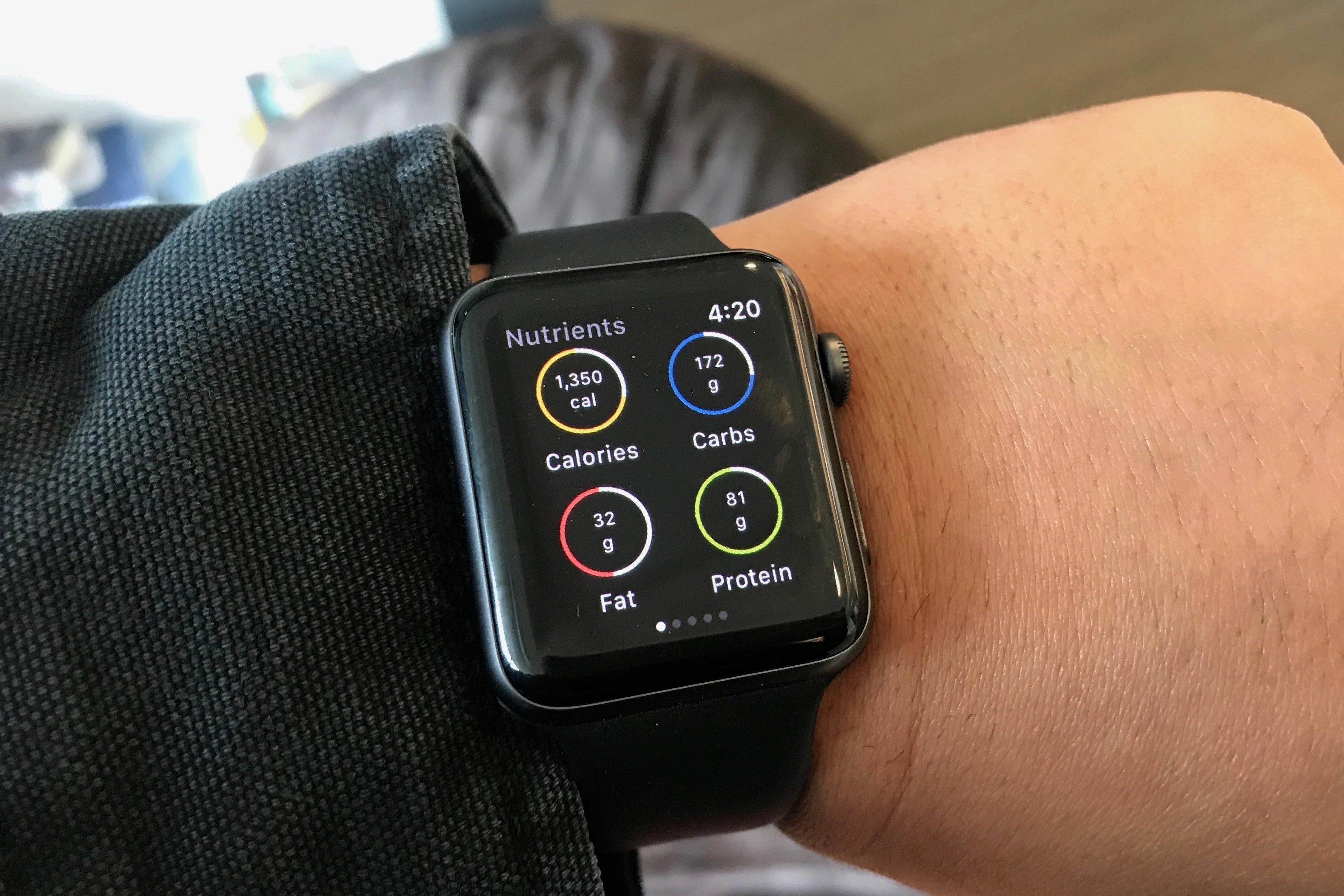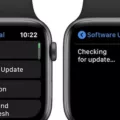If you’re looking to lose weight, setting a calorie goal is an important part of your overall diet and lifestyle plan. Knowing how many calories you should aim for each day is the key to successful weight loss. Here, we’ll explain the basics of calorie goals and the factors that come into play when determining your individualized number.
Calorie goals are determined by taking into account factors such as age, height, gender, activity level, and current weight. Your individualized number is calculated based on the amount of energy your body needs to support its basic functions as well as physical activities. The amount of energy your body needs depends on how active you are during the day – if you’re more sedentary then you require fewer calories than someone who is highly active throughout the day.
The 2020-2025 Dietary Guidelines for Americans recommend that most adult females require between 1,600 and 2,000 calories per day while adult males require between 2,000 and 2,400 calories each day. However, it’s important to note that these numbers are just averages and may vary significantly depending on a person’s individual needs. For example, if you’re trying to lose weight then it’s best to aim for a lower calorie goal of around 1,500-1,800 calories per day in order to create a significant energy deficit.
It’s also important to note that calorie goals should not fall below 1,200 per day in women or 1,500 per day in men unless under the supervision of a health professional – this can result in negative side effects like dizziness, extreme hunger, nausea, and fatigue due to micronutrient deficiencies or other issues like gallstones (23).
When it comes to making healthy changes that will lead to sustainable long-term weight loss it’s important to remember that reducing your daily caloric intake isn’t enough – it must be combined with regular physical activity (at least 30 minutes on most days) in order to achieve optimal results.
Ultimately setting an individualized calorie goal is an essential step towards successful weight loss but it’s important not to become too focused on numbers alone – focus instead on creating healthy habits such as eating whole foods with lots of vegetables and fruits while keeping away from processed foods high in sugar or sodium as much as possible.
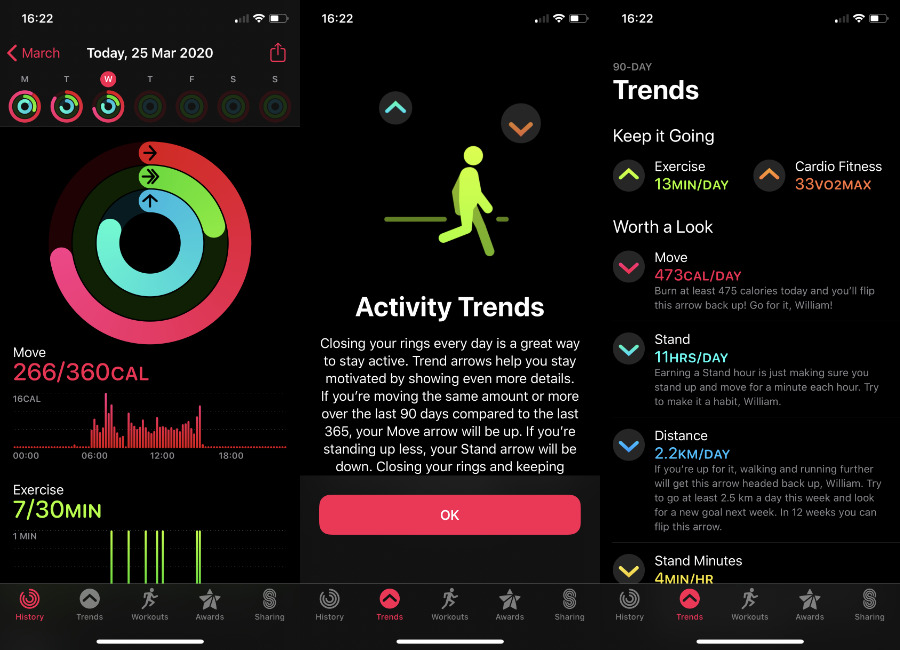
What Is a Good Calorie Goal for Weight Loss?
A good calorie goal to lose weight is to reduce your daily calorie intake by 500-1000 calories below your maintenance level, depending on how much weight you need to lose. If you are looking to lose a pound a week, aim for a reduction of 500 calories a day. It is important to make sure that your daily calorie intake does not fall below 1,200 a day in women or 1,500 a day in men, except under the supervision of a health professional. You should also incorporate physical activity into your routine such as walking, running, or biking for at least 30 minutes per day on most days. This will help you reach your calorie goal and create an energy deficit so that you can successfully reach your weight loss goals.
Is a 1500 Calorie Diet Enough?
It depends on the person’s age, gender, weight, height, and activity level. Generally speaking, a 1,500-calorie diet can be a safe and effective way to lose weight for most adults, but it may not be enough calories for everyone.
For adult females aged 19 to 30 years old who are of average weight and height and engaged in low-to-moderate physical activity levels, 1,600 to 2,000 calories per day is the recommended amount of energy intake to maintain a healthy body weight. For adult males aged 19 to 30 years old with a similar profile of characteristics, the recommended energy intake is 2,000 to 2,400 calories per day. Therefore, if an individual falls into either of these two categories and they are trying to lose weight by reducing their calorie intake below 1,500 calories per day then it may not be enough for them and could potentially lead to health complications due to nutrient deficiencies or slowed metabolism from long-term caloric restriction.
while 1,500 calories may be sufficient for some individuals depending on their metabolic needs and activity level; for many adults, it may not be enough in order for them to safely lose weight without compromising their health. For this reason, it is important that individuals consult with a healthcare professional before embarking on any dietary changes that involve significant reductions in calorie intake.
Is a 1500 Calorie Diet Effective for Weight Loss?
Whether 1500 calories is enough to lose weight will depend on a few factors, including your gender, age, activity level, and overall health. Generally speaking, for the average female, consuming 1500 calories or fewer per day can help them lose 1 pound per week. For the average male, it may take up to 2000 calories a day to achieve the same result. However, it is important to note that everyone’s body is different and so there is no one-size-fits-all approach when it comes to dieting or calorie restriction for weight loss. It is also important to remember that a healthy diet should not only be focused on cutting calories; rather, it should include nutrient-dense foods that provide essential vitamins and minerals while avoiding processed foods full of unhealthy fats and added sugars. Ultimately, if you are interested in losing weight through calorie restriction and/or dieting, it is best to consult with your doctor or a registered dietitian to create an individualized plan that meets your needs and goals.
Is 1800 Calories Too High for a Female?
No, 1800 calories is not too much for a woman. Depending on her age and lifestyle, it could be the perfect amount of calories to maintain her current body weight. For women between the ages of 19–30, 1800 calories may be considered too little and would require an increase in calorie intake to reach the recommended 2,000–2,400 per day. On the other hand, for women between the ages of 31–59, 1800 calories is within the recommended range and could be sufficient for maintaining their body weight. Ultimately it is best for each woman to consult with a healthcare professional to determine an appropriate daily calorie intake that takes into account her age, lifestyle, and health goals.
Effects of a 1200 Calorie Diet on Metabolism
Yes, consuming only 1,200 calories per day can slow metabolism. Metabolism is the process by which the body converts food into energy. If a person is not consuming enough calories each day, the body may not have enough energy and will have to use other sources of fuel, such as stored fat or muscle tissue. This can cause a slowed metabolism and can lead to other health issues in the long term. Additionally, a prolonged 1,200-calorie-per-day diet can also lead to nutritional deficiencies and cause feelings of anxiety. It is important to speak with your doctor about any dietary changes or concerns you may have about your metabolism.
Why Is Weight Loss Not Occurring Despite Eating 1200 Calories Per Day?
Your body’s energy requirements adjust to the amount of calories you’re consuming. If you’ve been consistently eating 1200 calories a day, your body has adapted to this and plateaued. To create a calorie deficit and start losing weight, you need to lower your caloric intake by 500-1000 calories per day. This will shock your body into using up its stored energy reserves, leading to gradual weight loss over time. It’s important to note that an overly restrictive diet can lead to health issues, so it’s always best to consult with a nutritionist or medical professional before embarking on a weight loss journey.
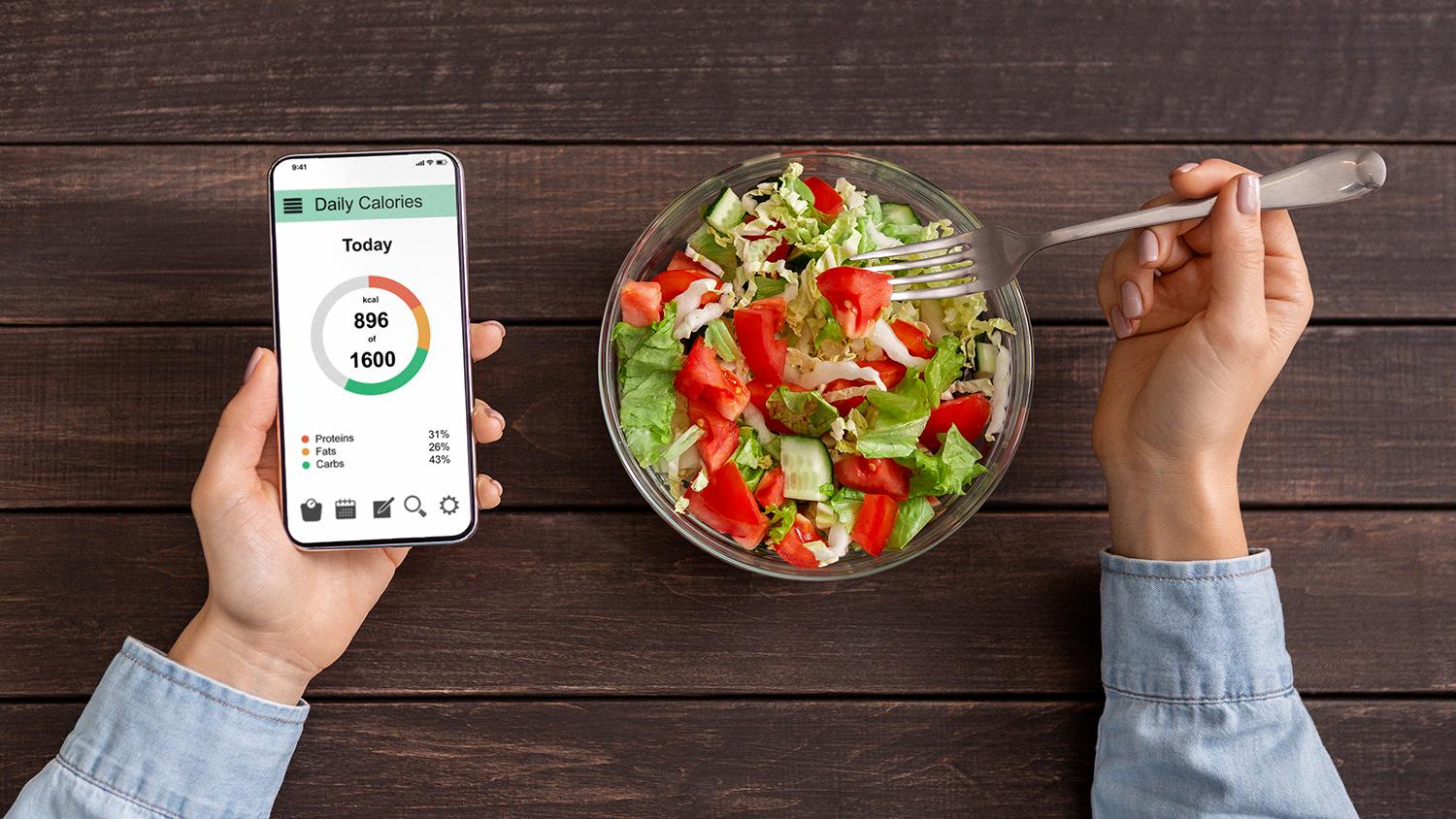
Source: gvh.org
Feeling Full on a 1,200-Calorie Diet
If you are trying to eat 1,200 calories a day, it is important to make sure you are filling up on nutrient-dense foods that will help you feel full and satisfied throughout the day. To do this, focus on high-fiber foods, water-dense foods, and whole grains. These types of foods will help keep your appetite in check and provide lasting energy. Additionally, it can be helpful to plan out meals and snacks ahead of time so that you don’t find yourself reaching for unhealthy snacks or overeating due to hunger. Some great options for low-calorie meals include salads or soups made with plenty of vegetables; whole grain pasta or quinoa dishes; lean proteins such as salmon or chicken; and fresh fruits for dessert. With some planning and mindful eating, you can enjoy a variety of tasty meals while still staying within your calorie goals.
Conclusion
In conclusion, achieving a calorie goal of 1,500 to 1,800 calories per day is one of the most effective ways to lose weight and keep it off in the long term. This will require regular physical activity and reducing your daily calorie intake by at least 500 calories. It is important to note that calorie intake should not fall below 1,200 a day in women or 1,500 a day in men, except under the supervision of a health professional. Additionally, be aware that following a restrictive diet like a 1,200-calorie diet can have negative side effects and may not be effective for long-term weight loss.



